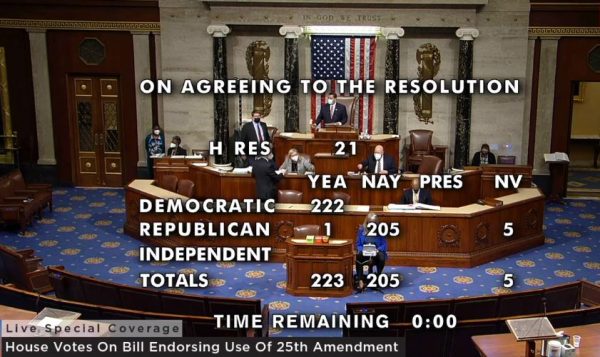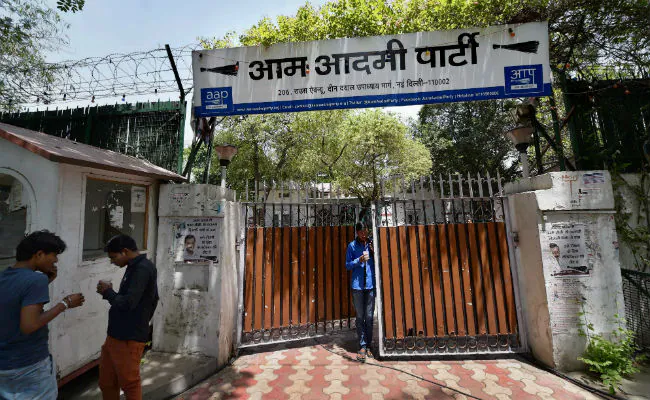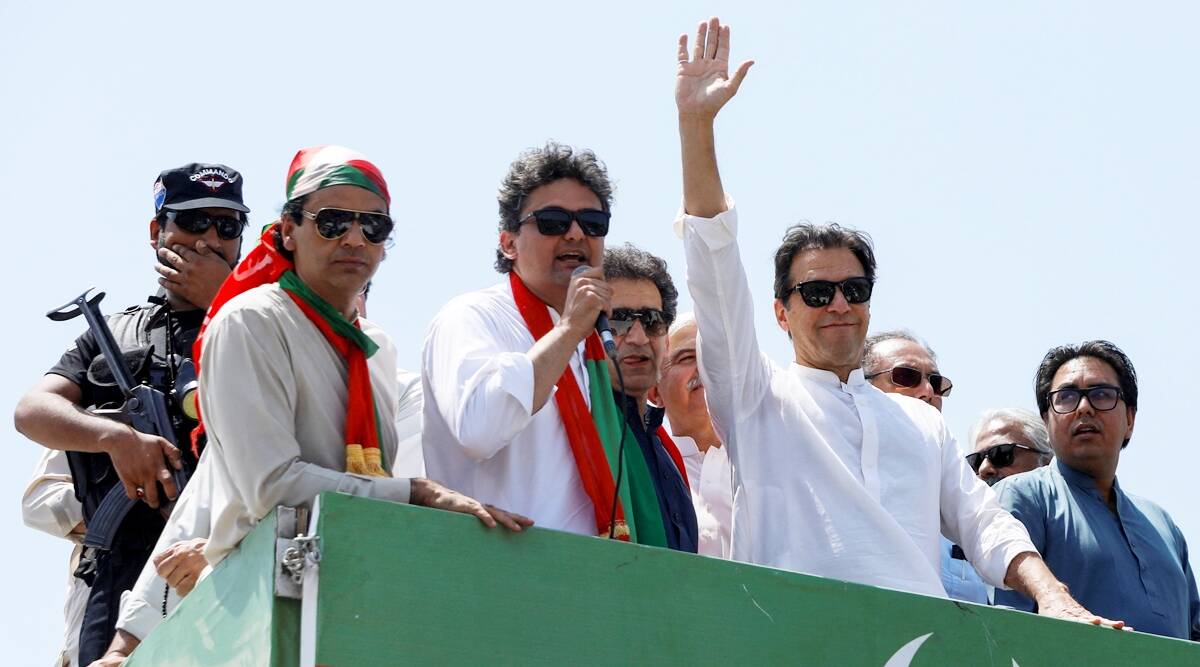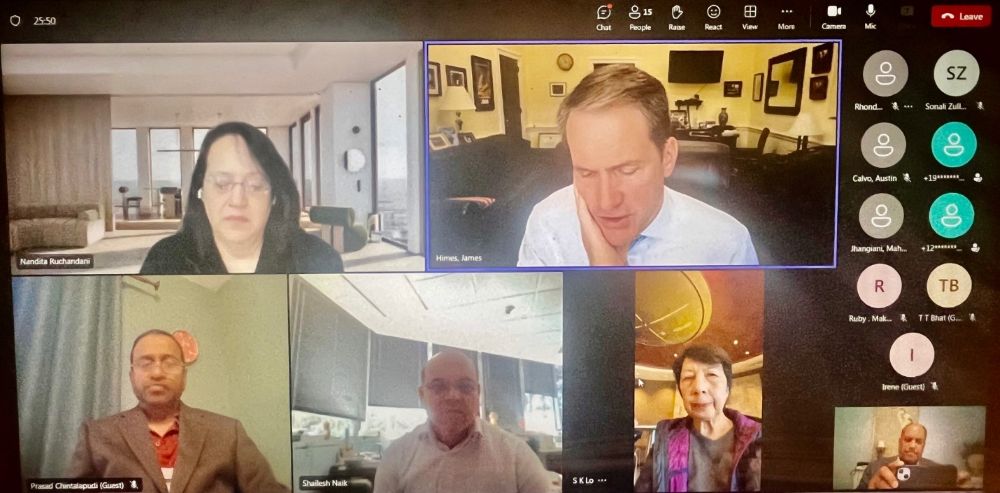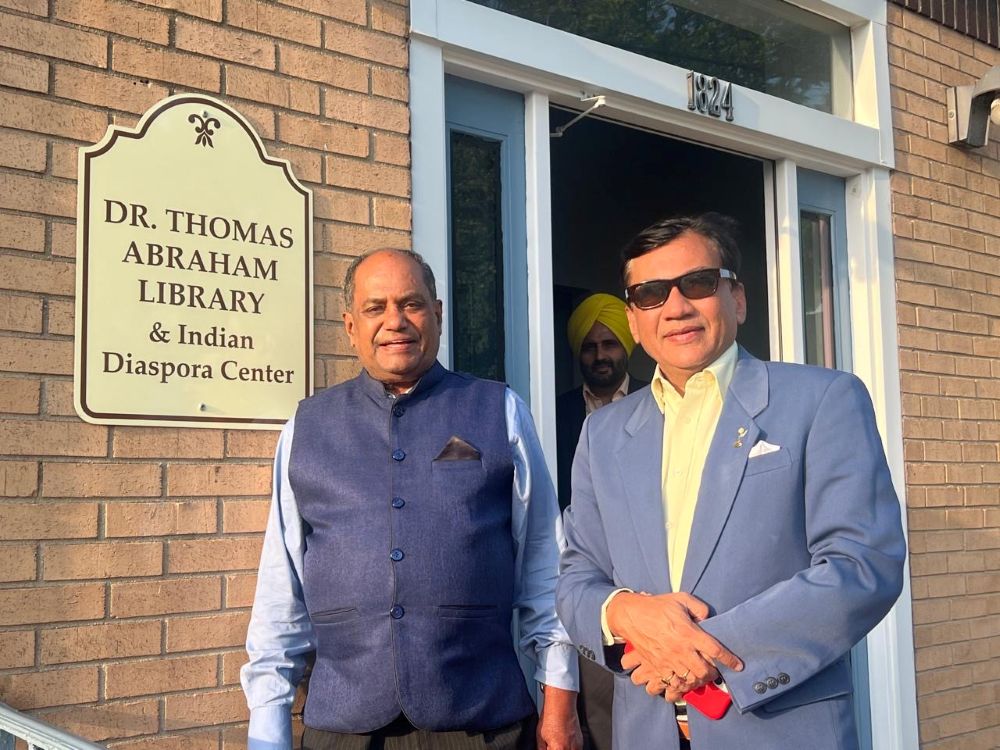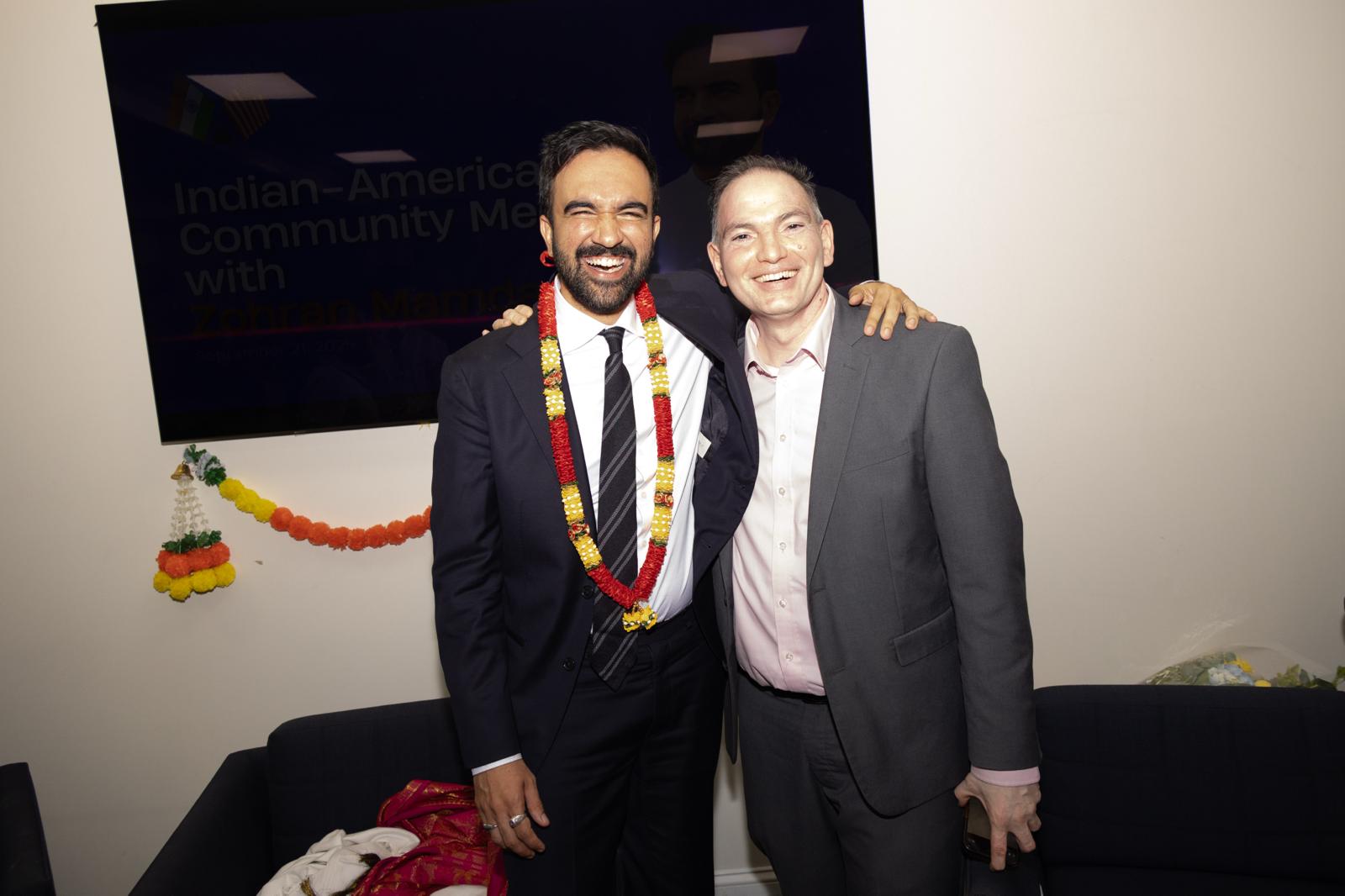Donald Trump’s threat to impose tariffs on have caused some serious concerns in India. But the Indian government is already working on plans for better relations with the US under the next administration
Our Bureau
Washington, DC/New Delhi
US President-elect Donald Trump dropped a bombshell recently as he set the stage for a potential trade conflict with India, threatening to impose reciprocal tariffs if the country continues to levy high taxes on American goods. Speaking with reporters at his Mar-a-Lago resort recently, Trump criticized India’s steep tariffs, including the 100 per cent tax on certain US products, and warned of a tit-for-tat approach if these practices persist.
“I’ve always said, if they tax us, we tax them the same amount,” Trump remarked, signalling a tougher stance on India and other nations like Brazil for imposing high tariffs on US imports. His comments formed part of a broader discussion on the state of US trade relations with major partners such as China, Mexico, and Canada.
While Trump’s statement did not create panic in New Delhi, it has caused some serious concerns in India.
But there are two different views about the potential crisis in the India-US relations.
India has a significant opportunity to capitalize on export prospects resulting from expected trade disruptions by upcoming US President Donald Trump’s tariff policies, says a report by Shriram Mutual Fund. The report outlined how Trump’s proposed tariffs on top US import partners–China, Mexico, and Canada–could lead to trade diversion, benefiting countries like India.
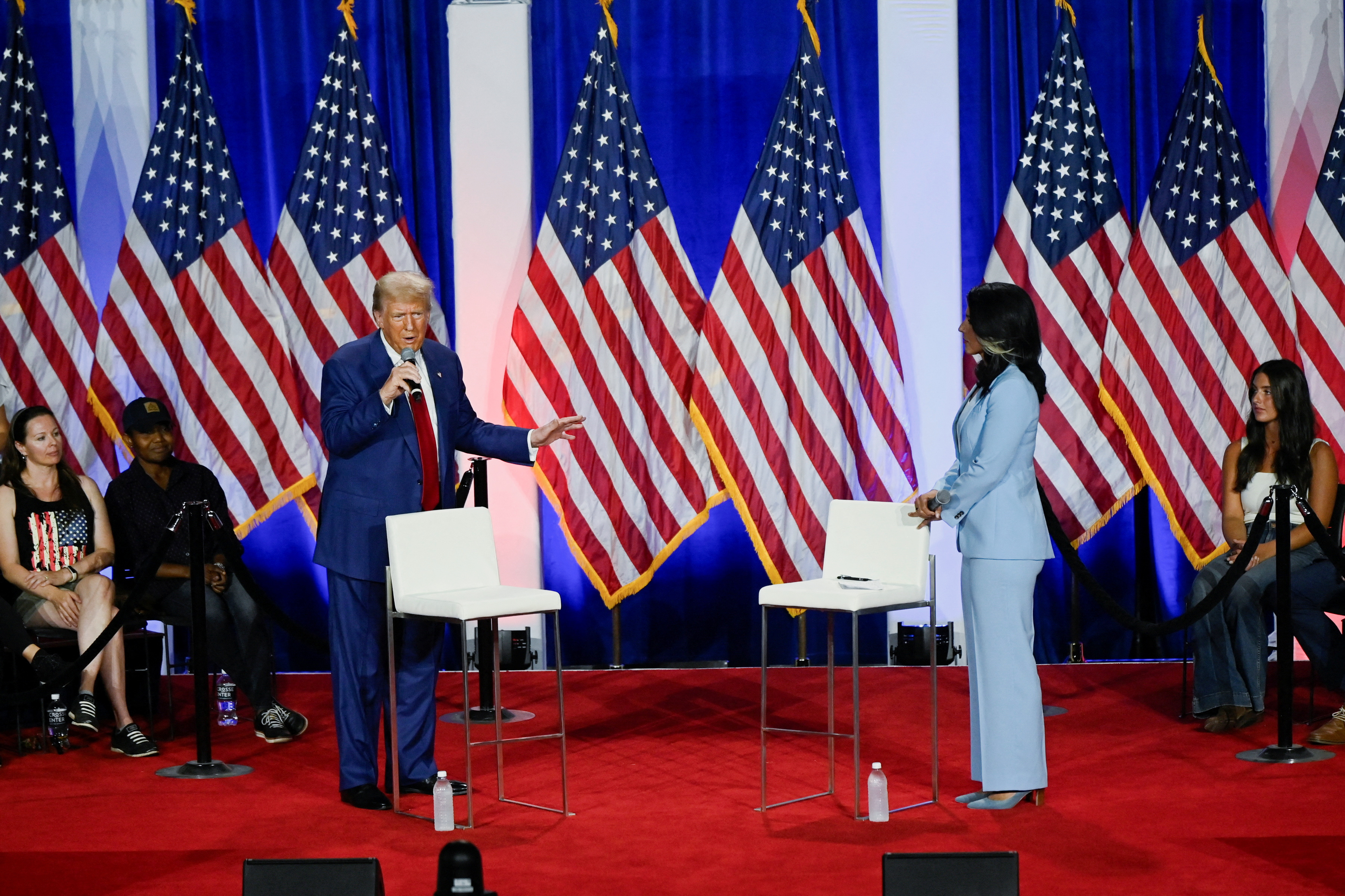
It said, “India can gain from export opportunities as trade disruptions from US tariffs on China, Mexico, and Canada could lead to trade diversion”.
It also mentioned that Trump has threatened to impose steep tariffs as part of his economic policies aimed at protecting American industries and addressing de-dollarization concerns.
The proposed measures include an additional 10 per cent tariff on imports from China and 25 per cent tariffs on Canada and Mexico. Such policies could disrupt trade flows, opening avenues for Indian exporters to capture a share of these markets.
While Trump’s policies could slow global growth and heighten economic uncertainty, the report outlined that India stands to gain as a reliable alternative for exports amid shifting trade patterns.
India is already preparing to offer tariffs cuts on some farm and other goods mainly imported from the U.S., aiming to clinch a broader trade and investment deal once president-elect Donald Trump takes charge, government and industry sources in New Delhi said.
To tackle Trump’s threat of a “reciprocal tax” on Indian goods for high tariffs, some officials of the Indian commerce ministry are ready to consider cuts on certain products such as pork, a senior government source said. Currently India slaps about a 45% import tariff on pork, which is mostly supplied by the U.S.
Tariffs could also be reduced on high-end medical devices such as pace makers and luxury motor-cycles, including Harley Davidson, said a second official with direct knowledge of trade issues, citing the 25% to 60% tariffs on these products.
With bilateral trade between India and the U.S. exceeding $118 billion in the 2023/24 fiscal year ending in March, and India enjoying a $32 billion trade surplus, the country is readying for trade talks with the U.S., aiming to clinch a broader trade and investment deal once president-elect Donald Trump takes office.
To address Trump’s concerns over the trade imbalance, officials have also proposed buying more LNG and defense equipment from the U.S., the second official said.
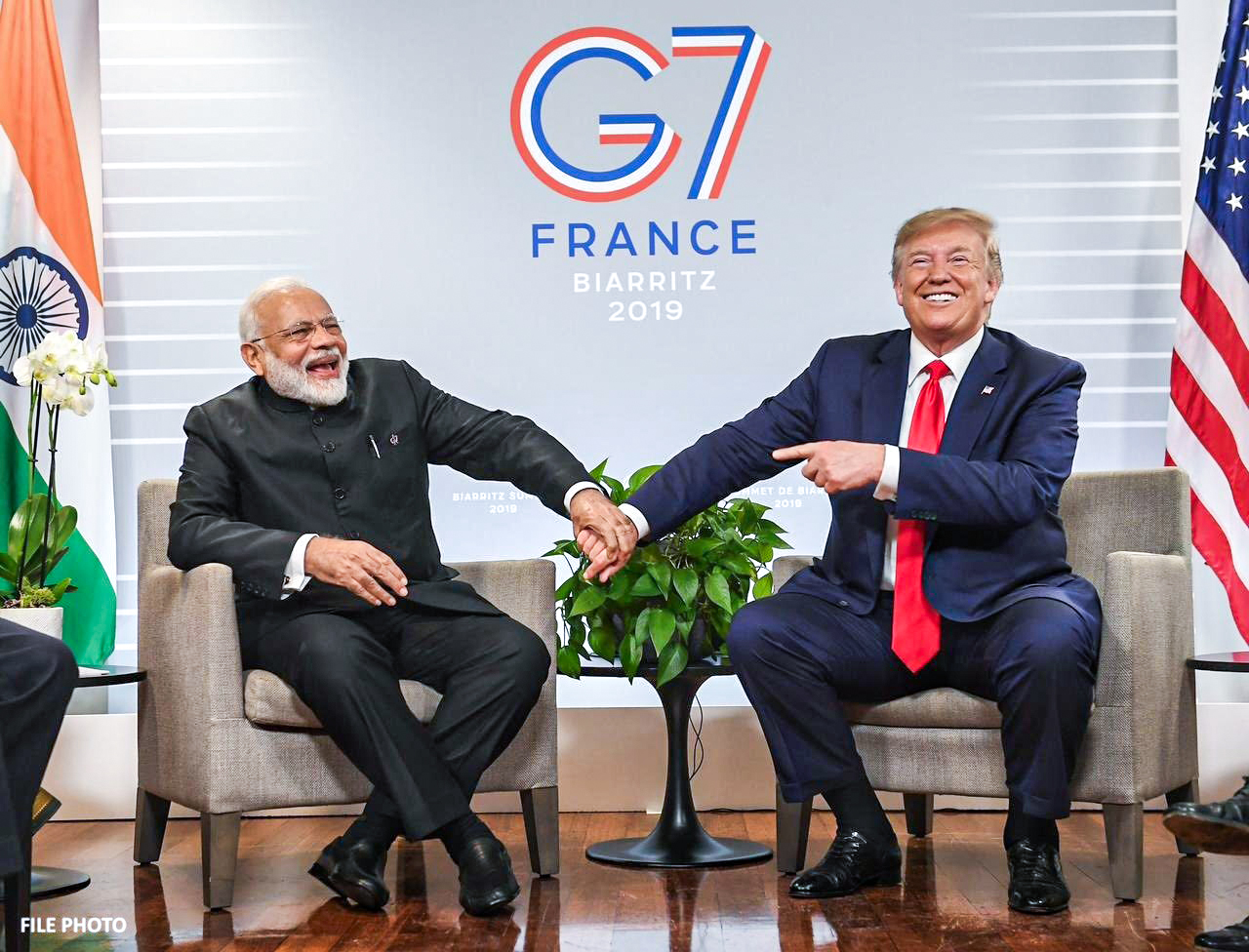
India’s energy imports from the U.S., including crude oil, refined fuel and coal, were estimated at $12 billion in fiscal 2024, and aircraft and parts at $2 billion. Such imports could rise by $5 billion to $10 billion annually, a third government source, said.
Commerce ministry officials have previously said they would wait for the Trump administration to take office before any offer of trade talks, while working out plans for possible negotiations.
Indian officials are also sensing an opportunity in Trump’s plans to impose up to 60% tariffs on Chinese imports, by pitching India as an alternative manufacturing base.
The government has held consultations on the issue within ministries, as well as with local think-tanks and industrial groups, said a government source who attended some of the meetings.
India is already preparing for Trump 2.0.
In this regard, External Affairs Minister S Jaishankar held a meeting with his US counterpart Antony Blinken in Washington, DC. The two leaders reviewed the advancement of India-US partnership over the past four years and agreed that cooperation has strengthened in many sectors.
During his visit, he met India’s Ambassador to US, Vinay Kwatra and Consul Generals based in New York, Chicago, San Francisco, Seattle, Houston and Atlanta. The officials discussed opportunities for deepening India-US partnership, focusing on technology, trade and investments.
Earlier, EAM S Jaishankar met with the United States National Security Advisor, Jake Sullivan, in Washington, DC, on Thursday. Jaishankar said that the two leaders held wide-ranging discussions on the progress of the India-US strategic partnership and exchanged views on current regional and global developments.
But most importantly, S Jaishankar held a meeting with the next US National Security Advisor, Michael Waltz last Friday during his visit to the United States. The two leaders held discussion on bilateral partnership and current global issues, and Jaishankar said that he is looking forward to working with Waltz.
“Delighted to meet Rep. @michaelgwaltz this evening. Enjoyed a wide-ranging conversation on our bilateral partnership as well as current global issues. Look forward to working with him,” Jaishankar said in a post on X.
Michael Waltz would succeed Jake Sullivan as the US National Security Advisor after Donald Trump assumes office as 47th US President in January. Earlier in November, Trump picked Florida Republican leader as his National Security Advisor.
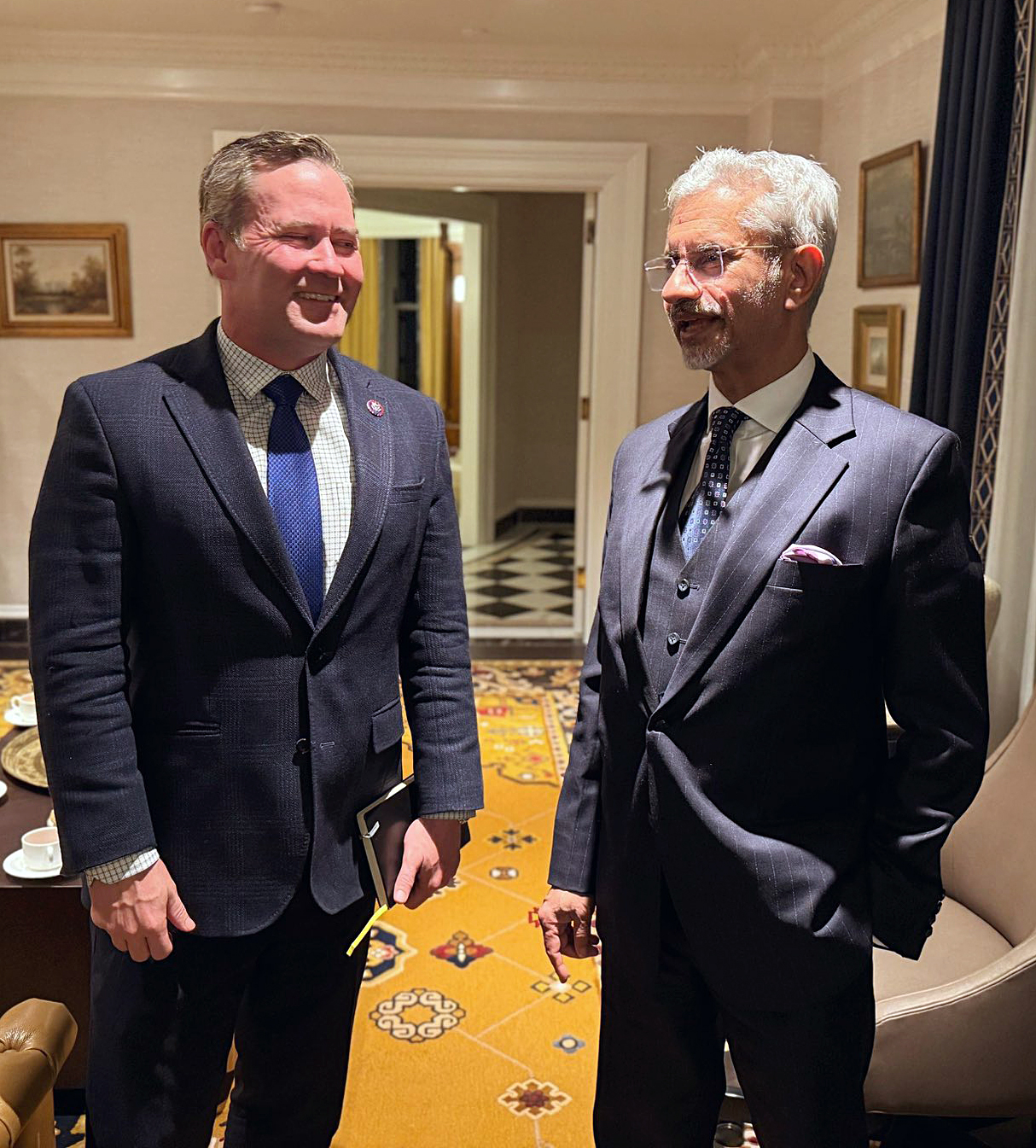
Waltz also served as a senior member of the House Armed Services Committee, the House Foreign Affairs Committee, and the House Permanent Select Committee on Intelligence. Mike Waltz served 27 years in the US Army and National Guard.
Even as the Indian government works with diplomatic channels in Washington DC, it is also conducting a sector-wise analysis of a possible hike in US tariffs. Various ministries and government departments are examining trade scenarios, considering such a move by the US and possible remedies.
With Trump all set to move into the White House on January 20, a new phase – probably a good opportunity – in Indo-US relations is set to begin.
New Delhi hits back at baseless allegations by ‘Post’
The Ministry of External Affairs has strongly refuted the media reports claiming India’s ‘interference’ in the domestic politics of Maldives, stating that the articles have “no credibility” and the reporter and newspaper have a “compulsive hostility” towards India.
This comes after a Washington Post news report alleged that Maldives opposition sought USD 6 million from India to aid in a plot to impeach Maldives President Mohammed Muizzu.
“Both the newspaper and the reporter in question appear to nurse a compulsive hostility towards India. You can see a pattern in their activities. I leave you to judge their credibility. As far as we are concerned they have none,” MEA Spokesperson Randhir Jaiswal said in the weekly briefing today.
Earlier, former president and chief of the Maldivian Democratic Party and the country’s largest opposition party, Mohamed Nasheed, dismissed the Washington Post report. Nasheed said he was unaware of any “serious plot” against President Muizzu and added that India would never support such a move.
“I read with interest today’s Washington Post article. I was unaware of any serious plot against the President, though some people always live in conspiracy. India would never back such a move, as they always support Maldives’ democracy. India has never dictated terms to us, either,” Mohamed Nasheed wrote on X.
Meanwhile, Maldives Foreign Minister Abdulla Khaleel is on a three-day official visit to India. This is his first official visit to India.
He also held a meeting with External Affairs Minister S Jaishankar, where the two leaders noted key developments such as the signing of a framework to facilitate local currency use for cross-border transactions and increased collaboration across various sectors.
In October 2024, Maldives President Mohammed Muizzu came on a visit to India.
He held extensive bilateral talks with Prime Minister Narendra Modi, aiming to forge a comprehensive economic and maritime security partnership. Both leaders had acknowledged the shared challenges in the Indian Ocean Region.
They committed to enhancing maritime and security cooperation, with India pledging to provide expertise, boost capabilities, and engage in joint measures to help the Maldives address both traditional and non-traditional maritime threats.

















